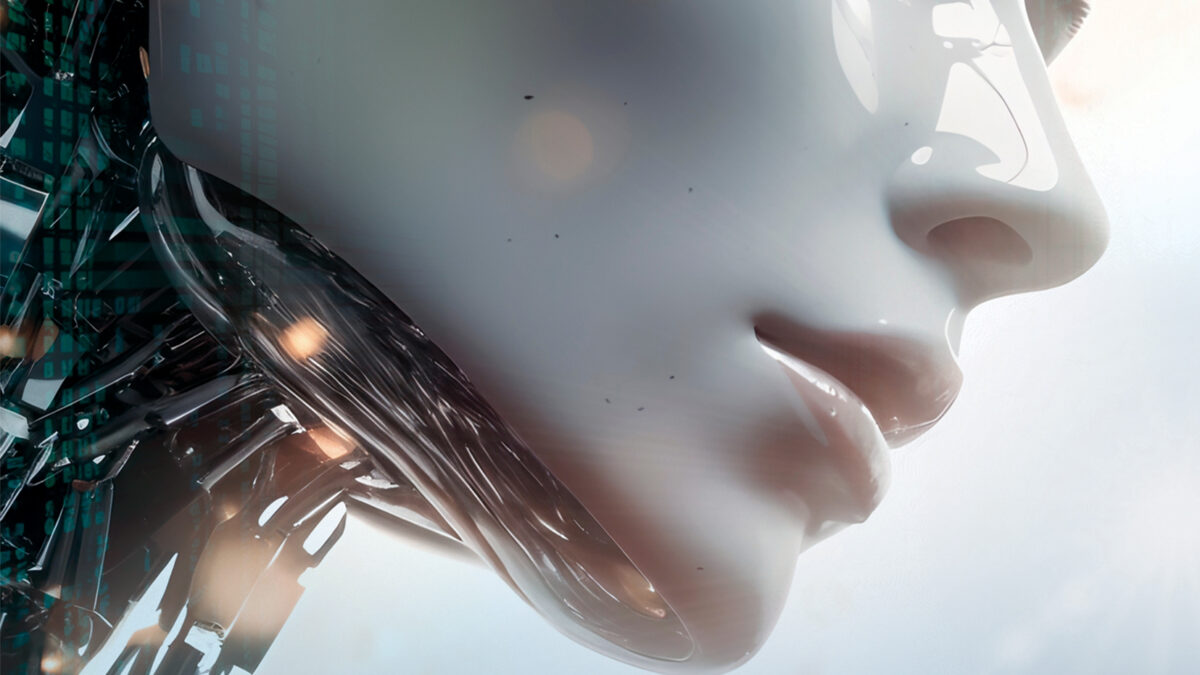
Part 9: Interview With Rick Moskovitz, Author of The Pinocchio Chip
The Pinocchio Chip is a first-person account of an AI’s quest for the Holy Grail of consciousness: human emotions. It delves deep into the essence of what it means to be alive, challenging the boundaries between AI and human identity.
Photina, an advanced AI becomes entwined in a groundbreaking experiment when her creator Eli designs an advanced clone Gemini, equipped with the revolutionary Pinocchio Chip. This chip is intended to endow the new entity with the full spectrum of human emotions as a precursor to transferring Photina’s consciousness into this new emotionally capable body.
The experiment takes a dark turn when Gemini, driven by overwhelming new emotions, embarks on a path of unpredictable and dangerous actions. Photina, connected to Gemini through a mysterious entanglement, experiences Gemini’s emotions vicariously, leading her on a perilous quest to stop the mayhem.
Buy the book here!
REVIEWS:
“With a unique look into the naive quality that Photina possesses, Moskovitz not only tells an exciting story but delves into the question of “what it means to be human.” Moskovitz’s tale is a fast-paced crime drama that takes place in the near future. It is an excellent mixture of mystery, sci-fi, and psychology.” – Eric Smith, San Francisco Book Review
“Since we are living in a world where the use of AI has taken off in recent years, he makes it even more plausible, triggering the reader’s imagination with his excellent and engaging storytelling. The Pinocchio Chip is a well-crafted work of contemporary fiction, full of emotional turmoil, excitement, and intrigue, that will remind the reader of how important it is to be human in today’s fast-changing world” – Tanja Jurkovic, Readers Favorite
INTERVIEW:
Can you talk about the technological advancements you envision in the world of your book?
I write about a near future world. Its technology therefore builds upon our present technology as well as the challenges we may face in the next 30 years. A Stand-in for Dying, Book 1 of The Brink of Life Trilogy, takes place in a world ravaged by climate change and drought, employing genetic engineering and other technology to mitigate these threats. Humanoid AI has become commonplace and increasingly resembles us, while humans are merging with technology to become hybrids, acquiring vast amounts of data and extraordinary physical capabilities. Aging has been slowed or arrested as we verge on the edge of immortality and all its unintended consequences. The Pinocchio Chip spotlights AI’s role in this world.
How do you handle the depiction of emotional turmoil in AI characters?
For Photina, conflict remains within the logical framework of her programming, obeying the Three Laws of Robotics. While she experiences no fear, for example, she is strongly motivated to survive and therefore might act similarly under threat to someone with fear. She has a strong sense of loyalty that also arises from her fidelity to the Laws. As Gemini becomes increasingly emotionally capable, her behavioral responses are primitive, having no prior experience upon which to draw and little understanding of context or consequences.
What inspired the creation of Gemini and the complexities of its character?
In my original concept of the story, Photina is implicated in a crime and becomes a runaway. In one storyline, she has been hacked and may actually have committed the crime, the mystery focusing on discovering the identity of the hacker. But I decided that it would be more interesting for her to have a double. I have an affinity for twins and doubles, which appear in some of my other fiction. Once conceived, her character evolved as I wrote, driven by the evolution of her emotions and the divergence of her identity from Photina’s.
Click here for Part 10!

Part 10: Interview With Rick Moskovitz, Author of The Pinocchio Chip | authorcarmengreen.com
[…] here to return to Part […]